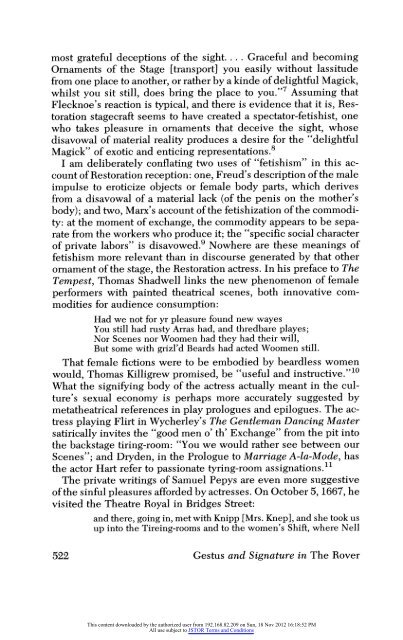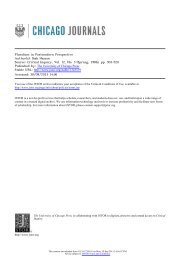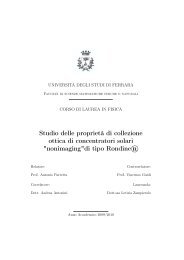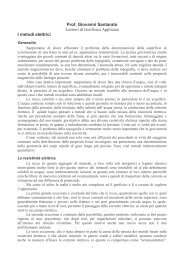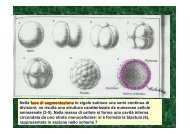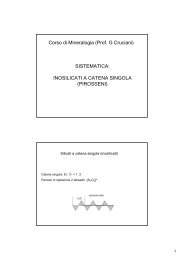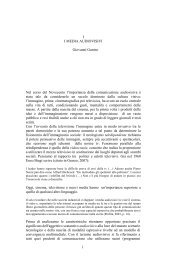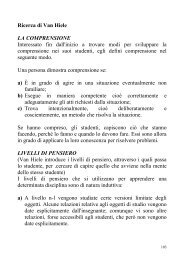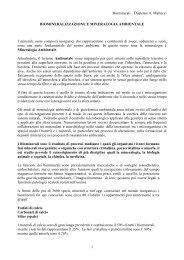Gestus and Signature in Aphra Behn's the Rover
Gestus and Signature in Aphra Behn's the Rover
Gestus and Signature in Aphra Behn's the Rover
Create successful ePaper yourself
Turn your PDF publications into a flip-book with our unique Google optimized e-Paper software.
most grateful deceptions of <strong>the</strong> sight.... Graceful <strong>and</strong> becom<strong>in</strong>g<br />
Ornaments of <strong>the</strong> Stage [transport] you easily without lassitude<br />
from one place to ano<strong>the</strong>r, or ra<strong>the</strong>r by a k<strong>in</strong>de of delightful Magick,<br />
whilst you sit still, does br<strong>in</strong>g <strong>the</strong> place to you."7 Assum<strong>in</strong>g that<br />
Flecknoe's reaction is typical, <strong>and</strong> <strong>the</strong>re is evidence that it is, Restoration<br />
stagecraft seems to have created a spectator-fetishist, one<br />
who takes pleasure <strong>in</strong> ornaments that deceive <strong>the</strong> sight, whose<br />
disavowal of material reality produces a desire for <strong>the</strong> "delightful<br />
Magick" of exotic <strong>and</strong> entic<strong>in</strong>g representations.8<br />
I am deliberately conflat<strong>in</strong>g two uses of "fetishism" <strong>in</strong> this account<br />
of Restoration reception: one, Freud's description of <strong>the</strong> male<br />
impulse to eroticize objects or female body parts, which derives<br />
from a disavowal of a material lack (of <strong>the</strong> penis on <strong>the</strong> mo<strong>the</strong>r's<br />
body); <strong>and</strong> two, Marx's account of <strong>the</strong> fetishization of <strong>the</strong> commodity:<br />
at <strong>the</strong> moment of exchange, <strong>the</strong> commodity appears to be separate<br />
from <strong>the</strong> workers who produce it; <strong>the</strong> "specific social character<br />
of private labors" is disavowed.9 Nowhere are <strong>the</strong>se mean<strong>in</strong>gs of<br />
fetishism more relevant than <strong>in</strong> discourse generated by that o<strong>the</strong>r<br />
ornament of <strong>the</strong> stage, <strong>the</strong> Restoration actress. In his preface to The<br />
Tempest, Thomas Shadwell l<strong>in</strong>ks <strong>the</strong> new phenomenon of female<br />
performers with pa<strong>in</strong>ted <strong>the</strong>atrical scenes, both <strong>in</strong>novative commodities<br />
for audience consumption:<br />
Had we not for yr pleasure found new wayes<br />
You still had rusty Arras had, <strong>and</strong> thredbare playes;<br />
Nor Scenes nor Woomen had <strong>the</strong>y had <strong>the</strong>ir will,<br />
But some with grizl'd Beards had acted Woomen still.<br />
That female fictions were to be embodied by beardless women<br />
would, Thomas Killigrew promised, be "useful <strong>and</strong> <strong>in</strong>structive. "10<br />
What <strong>the</strong> signify<strong>in</strong>g body of <strong>the</strong> actress actually meant <strong>in</strong> <strong>the</strong> culture's<br />
sexual economy is perhaps more accurately suggested by<br />
meta<strong>the</strong>atrical references <strong>in</strong> play prologues <strong>and</strong> epilogues. The actress<br />
play<strong>in</strong>g Flirt <strong>in</strong> Wycherley's The Gentleman Danc<strong>in</strong>g Master<br />
satirically <strong>in</strong>vites <strong>the</strong> "good men o' th' Exchange" from <strong>the</strong> pit <strong>in</strong>to<br />
<strong>the</strong> backstage tir<strong>in</strong>g-room: "You we would ra<strong>the</strong>r see between our<br />
Scenes"; <strong>and</strong> Dryden, <strong>in</strong> <strong>the</strong> Prologue to Marriage A-la-Mode, has<br />
<strong>the</strong> actor Hart refer to passionate tyr<strong>in</strong>g-room assignations.1"<br />
The private writ<strong>in</strong>gs of Samuel Pepys are even more suggestive<br />
of <strong>the</strong> s<strong>in</strong>ful pleasures afforded by actresses. On October 5, 1667, he<br />
visited <strong>the</strong> Theatre Royal <strong>in</strong> Bridges Street:<br />
<strong>and</strong> <strong>the</strong>re, go<strong>in</strong>g <strong>in</strong>, met with Knipp [Mrs. Knep], <strong>and</strong> she took us<br />
up <strong>in</strong>to <strong>the</strong> Tire<strong>in</strong>g-rooms <strong>and</strong> to <strong>the</strong> women's Shift, where Nell<br />
522 <strong>Gestus</strong> <strong>and</strong> <strong>Signature</strong> <strong>in</strong> The <strong>Rover</strong><br />
This content downloaded by <strong>the</strong> authorized user from 192.168.82.209 on Sun, 18 Nov 2012 16:18:52 PM<br />
All use subject to JSTOR Terms <strong>and</strong> Conditions


